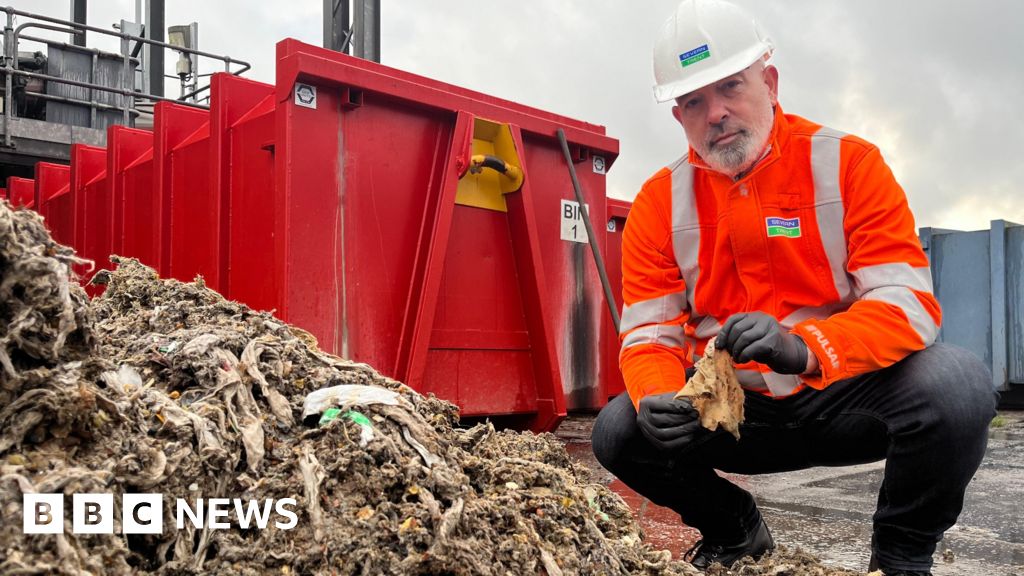Auto Amazon Links: No products found. Blocked by captcha.
The Met Office has issued a series of yellow weather warnings for snow and ice that are expected to affect travel across Scotland and northern England in the coming days. Overnight into Tuesday, scattered showers of rain, sleet, and snow are anticipated, with an ongoing ice warning in place until 10:00 for the north and east Highlands. Additionally, a second ice warning will be active from 05:00 to 12:00 on Tuesday, covering much of central and southern Scotland along with northern England.
Snowfall alerts will begin early Tuesday morning, impacting the majority of the mainland north of Perth between 03:00 and 18:00. This follows the Highlands’ first snow of the winter season recorded last week. The Met Office predicts that lower areas could see between 0.8 and 2 inches (2-5cm) of snow, while higher elevations might receive up to 4 inches (10cm). Further warnings for snow and ice are set to continue through Thursday evening, affecting northern Scotland including the Orkney, Shetland, and Western Isles, as well as coastal parts of eastern England from Wednesday morning until Thursday evening.
In parallel, the UK Health Security Agency (UKHSA) has put out amber and yellow cold health alerts covering northern England and the Midlands, valid until Friday. Despite the cold snap, conditions are expected to moderate by the weekend with temperatures gradually rising back to seasonal averages. Transport operators have been advising travelers to stay informed about weather updates. ScotRail encouraged passengers to check the status of their journeys before traveling, while Stagecoach promised to communicate any service changes through their app and social media channels. The Met Office also cautioned that power outages and road closures remain possible during this period.
Yellow warnings indicate that weather conditions might cause some disruption, though many people may continue their activities as usual. A Met Office spokesperson stated: “Conditions are turning colder this week, with multiple snow and ice warnings in place. Wednesday to Friday will be the coldest part of the week, and this period has the greatest potential for impactful weather.” Police Scotland has reminded motorists to ensure their vehicles are suitable for winter conditions before setting off. Preparations by Scottish transport authorities include stockpiling 497,000 tonnes of salt—exceeding last winter’s usage—and deploying 240 gritters to maintain key road networks, ready for salting and snow clearing operations. November has so far been milder than typical years, though last November saw temperatures plunge below -10°C in parts of northern Scotland, such as Braemar in Aberdeenshire which reached -11.2°C.
BBC Scotland Weather’s Christopher Blanchett noted that the week would bring an early experience of winter, explaining that on Monday night icy patches are likely across northern regions as rain and sleet fall onto frozen surfaces. A frontal system moving from the Atlantic will bring rain, sleet, and snow across Scotland on Tuesday, with snowfall of 2-5cm expected above 500 feet (150m) in inland areas north of the central belt. He added that higher elevations and major road routes are likely to see heavier snow, increasing the chance of travel disruptions. Ice, sleet, and snow will cause difficulties especially on Tuesday morning before easing later that day, with snow potentially falling to lower levels again overnight as temperatures fall.
A surge of bitter north winds will sweep the region on Wednesday and Thursday, bringing frequent snow showers at sea level in northern Scotland and along sections of eastern and western coasts. Temperatures could drop as low as -10°C in some of the country’s coldest spots by Thursday night, signaling a significant spell of winter weather unfolding over these days
Read the full article from The BBC here: Read More
Auto Amazon Links: No products found. Blocked by captcha.










